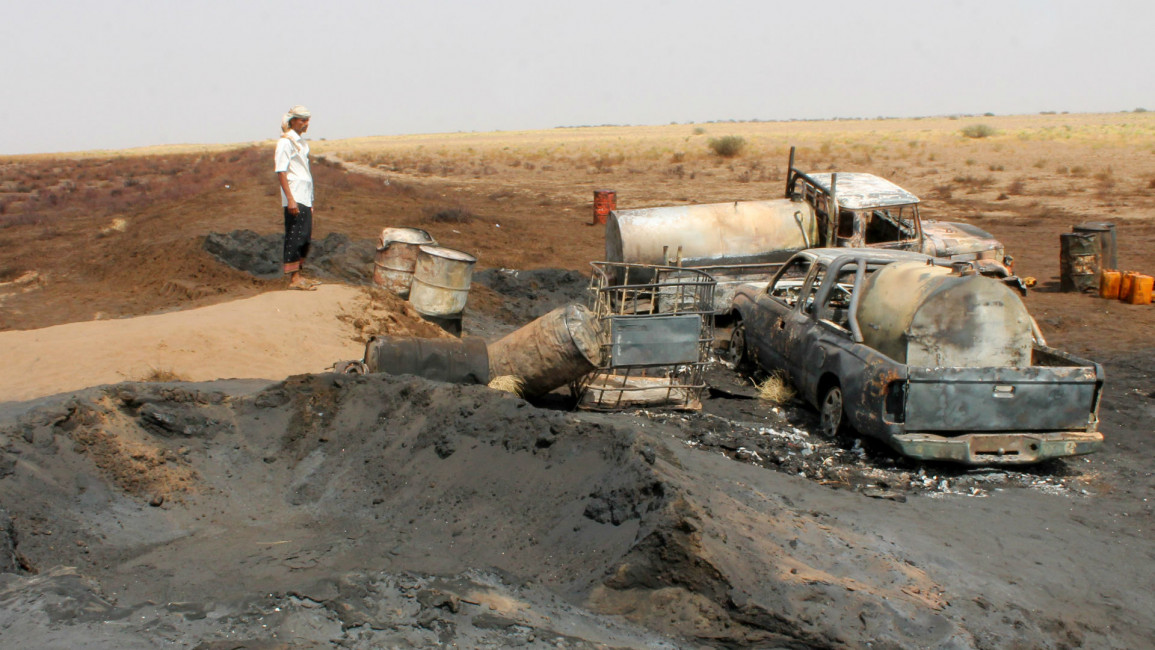Yemen's Hadi government agrees to UN Hodeidah plan while Houthis accuse UN of facilitating aggression
Yemen's exiled government confirmed that it has agreed to a UN backed two-point-plan to ease the suffering in Yemen’s port city of Hodeidah on Saturday.
In a tweet posted online, Yemen’s foreign minister Abdel-Malek al-Mekhlafi announced that the government accepted the UN proposal, after the security council called on warring parties to agree on a plan to stop the fighting in the currently Houthi-held port city of Hodeidah, and to resume salary payments of government employees.
Earlier this week, the UN had proposed that Hodeidah, a vital aid delivery point on the Red Sea where some 80 percent of Yemen's food imports arrive, should no longer be under Houthi control, or grabbed by the Hadi government, but should be under the control of a “neutral party” within the conflict.
The UN had also warned the Saudi-led coalition against continuing its airstrikes in the strategic port-city.
— عبدالملك المخلافي (@almekhlafi52) 17 June 2017" style="color:#fff;" class="twitter-post-link" target="_blank">Twitter Post
|
However, a spokesperson for the Houthis accused the UN Security Council of encouraging the Saudi-led coalition to resume its strikes, whilst claiming that the rebels have the right to respond to any aggression.
"We reaffirm that the army and local committees have all the right and legality to respond to the Saudi-led coalition," Houthi spokesperson Mohammed Abdelsalam said in a statement.
Hodeida has been targeted by the warring parties since before the Saudi-led coalition began its military intervention that has resulted in more than 10,000 deaths.
By the second week of October 2014, a month after the Houthi coup, rebels advanced onto other parts of the country, capturing the entry points to Hodeidah and its the airport, sparking immediate concerns due to its strategic location.
When the Saudi-led coalition began its operation in March 2015, Hodeidah became subject to immense airstrikes that have since completely shattered its civilian infrastructure.



